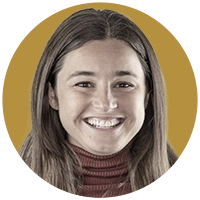With White House Meeting, Colombia’s President Wading Into the Venezuela Conundrum
Both America and Colombia agree on the need to promote dialogue between Venezuela’s authoritarian leaders and the opposition, but not for the same reason.

President Biden will host a “key partner” at the White House Thursday: President Petro of Colombia, who back home is cozying up to dictatorships in the region and beyond, including Venezuela, Cuba, and Russia.
Please check your email.
A verification code has been sent to
Didn't get a code? Click to resend.
To continue reading, please select:
Enter your email to read for FREE
Get 1 FREE article
Join the Sun for a PENNY A DAY
$0.01/day for 60 days
Cancel anytime
100% ad free experience
Unlimited article and commenting access
Full annual dues ($120) billed after 60 days

